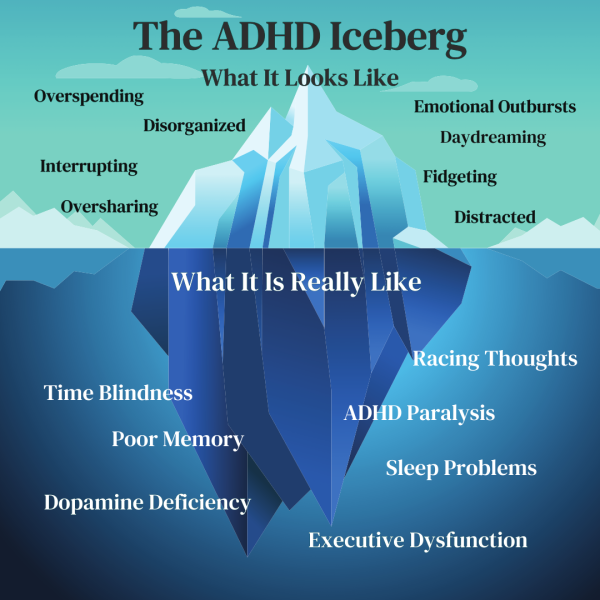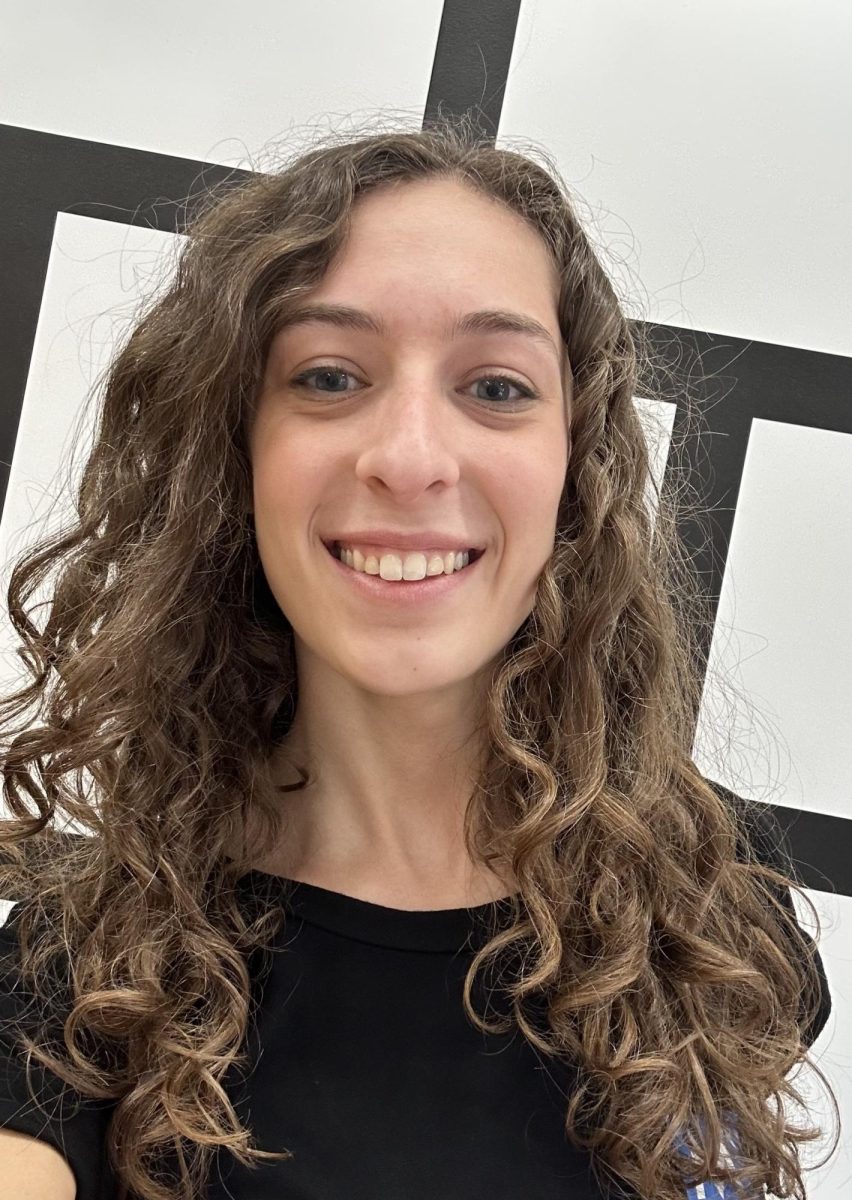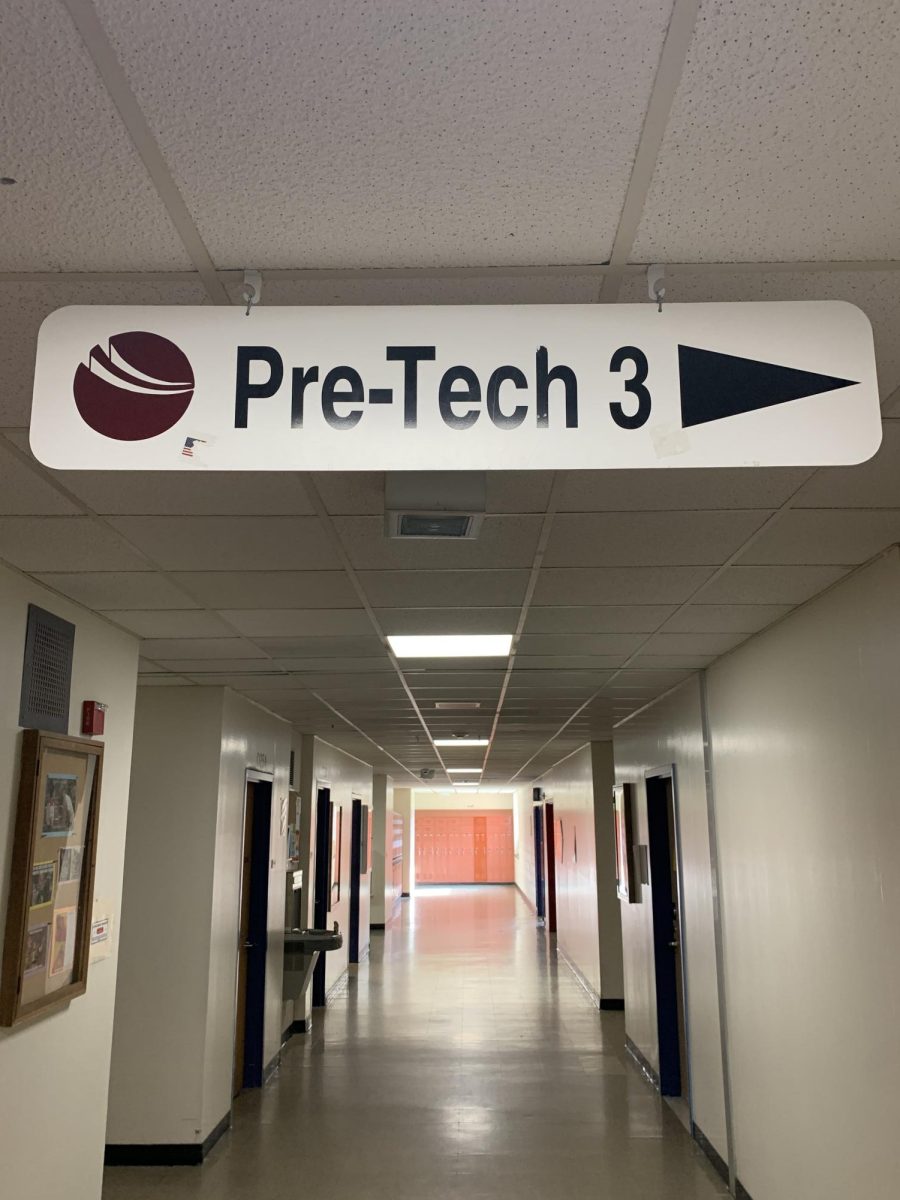For the past six years, EHS Learning Strategies teacher Jackie Lynch has worked with students with Attention-Deficit/Hyperactivity Disorder (ADHD), looking into how EHS provides support and the steps that need to be taken for students to receive accommodations. One way to receive accommodations or extra help in school is through a 504 plan.
“A 504 plan is for any student who has a disability, so in this case, ADHD is considered a disability,” Lynch said. “If a student has a disability that affects a major life function, that is when we take action.”
The next step after qualifying for a 504 plan is to gather a team consisting of the student, guardian, school counselor, a few teachers, and a learning strategies teacher. In some cases, a nurse, doctor, or therapist might be included in a team as well. The team then looks over grades and class work, listens to the student and caregivers, and determines if a 504 plan is needed.
If a 504 plan is implemented, the student can receive accommodations personalized to them.
“An example of an accommodation would be if a student with ADHD needs to move during a test, they could get up and go for a walk without there being any penalty to the grade,” Lynch said.
 ADHD is a neurological difference commonly found in young children. It can carry on for a couple of years or the course of a life, affecting basic skills like attention, hyperactivity, and impulsivity. It may influence children’s learning as they go through school and may become a struggle for those who don’t know how to handle it.
ADHD is a neurological difference commonly found in young children. It can carry on for a couple of years or the course of a life, affecting basic skills like attention, hyperactivity, and impulsivity. It may influence children’s learning as they go through school and may become a struggle for those who don’t know how to handle it.
EHS 9th grade student Sydney Miller receives support for ADHD as it impacts her learning and daily life.
“On the challenging side, it can make it harder to focus, stay organized, and manage time effectively, affecting my personal and academic life a lot,” Miller said. “It makes it harder to do things that others can do easily. However, I also think that ADHD can bring strengths like creativity, hyperfocus on topics of interest, and the ability to think outside the box.”
Coming from Essex Middle School, Miller said that her transition to high school was a struggle. She believes the school’s support system is a great help, but she said navigating high school in general with ADHD is a struggle no matter what.
“ADHD has impacted my transition to high school mostly because there’s more homework than before, which makes me have to manage time better, and I struggle with that,” she said.
After applying for colleges, EHS senior Jack French, an ADHD-diagnosed student, said he believes that ADHD isn’t a problem, just a different way of learning.
“When writing college essays, it was rough,” French said. “Essays after essays, too many. I turned in a lot of applications like 15 minutes before the deadlines closed. Not because I wanted to, but just because that’s when my brain registered that I finally need to get it done versus the constant procrastination. I don’t think people notice enough that this is not because we want to.”



















